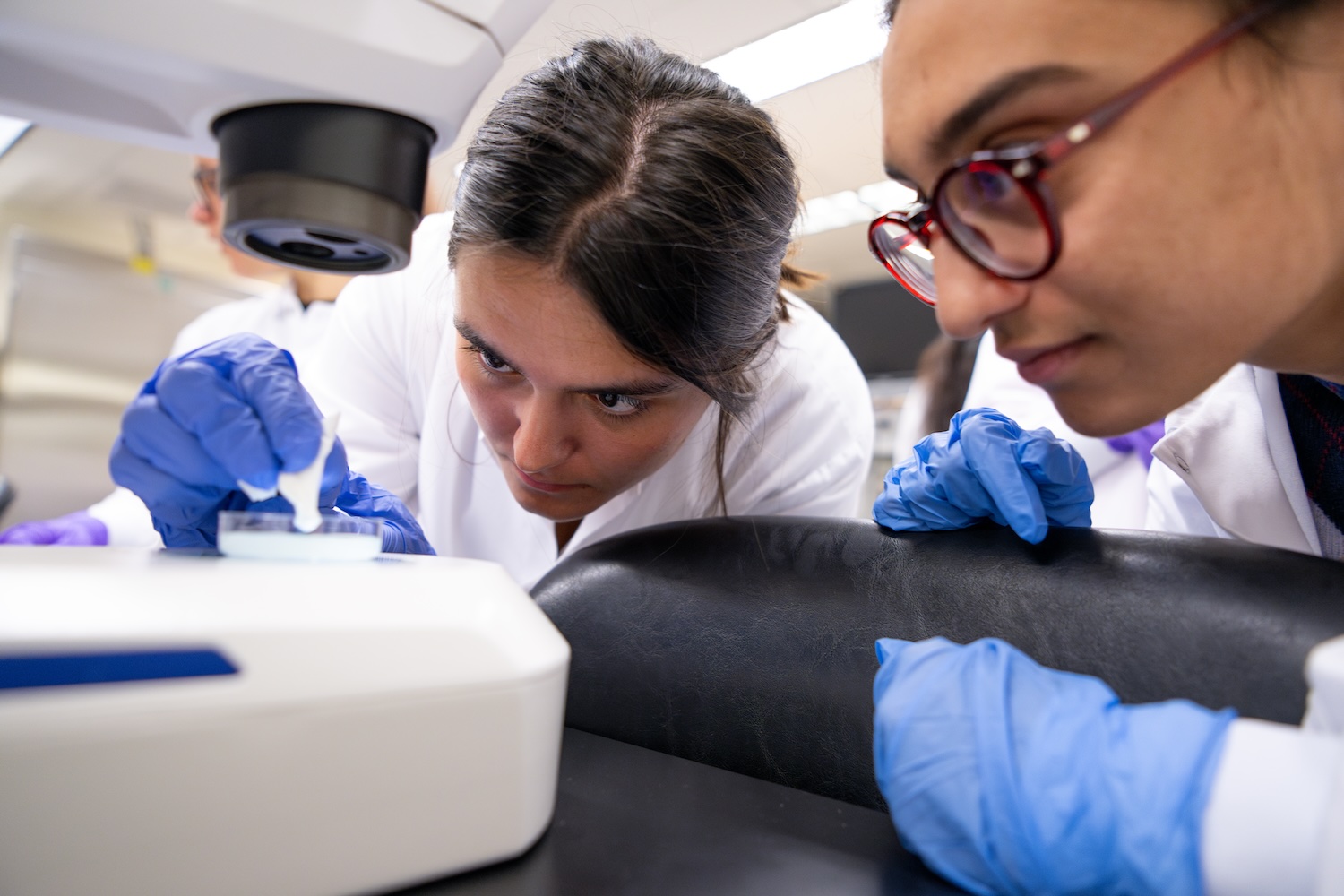Featured News

The human brain contains about 86 billion neurons. These cells fire electrical signals that help the brain store memories and send information and commands throughout the brain and the nervous system.
The brain also contains billions of astrocytes — star-shaped cells with many long extensions that allow them to interact with millions of neurons. Although they have long been thought to be mainly supportive cells, recent studies have suggested that astrocytes may play a role in memory storage and other cognitive functions. Researchers have now put forth a new hypothesis for how astrocytes might contribute to memory storage. The architecture suggested by their model would help to explain the brain’s massive storage capacity, which is much greater than would be expected using neurons alone.
“Originally, astrocytes were believed to just clean up around neurons, but there’s no particular reason that evolution did not realize that, because each astrocyte can contact hundreds of thousands of synapses, they could also be used for computation,” says Jean-Jacques Slotine, an MIT professor of mechanical engineering and of brain and cognitive sciences, and an author of the study.
Featured News

As Karla Perez neared the finish line for her bachelor's degree, she knew she wanted to dive deeper into brain sciences, but she wasn't quite sure how to take the plunge.
"I knew that studying the mind is a huge enterprise and that it's something I could see myself doing, but I hadn't had the opportunity to study the scientific fields that comprise our current knowledge of the mind," she says. "I was also considering graduate school in philosophy, but I decided on the research scholars program because I realized it would allow me to explore the different subfields of the brain sciences, from neuroscience to psychology, to cognitive science."
The Research Scholars Program in the Department of Brain and Cognitive Sciences is a prestigious two-year, non-degree, fully funded post-baccalaureate program for outstanding recent college graduates who plan to pursue a research career in neuroscience, cognitive science, or neuroengineering. The program is designed for individuals from a variety of backgrounds who are seeking additional research and academic training before embarking on an advanced degree.
Featured News

In a new study, MIT researchers have successfully modeled how people deploy different decision-making strategies to solve a complicated task — in this case, predicting how a ball will travel through a maze when the ball is hidden from view. The human brain cannot perform this task perfectly because it is impossible to track all of the possible trajectories in parallel, but the researchers found that people can perform reasonably well by flexibly adopting two strategies known as hierarchical reasoning and counterfactual reasoning.
The researchers were also able to determine the circumstances under which people choose each of those strategies.
“What humans are capable of doing is to break down the maze into subsections, and then solve each step using relatively simple algorithms. Effectively, when we don’t have the means to solve a complex problem, we manage by using simpler heuristics that get the job done,” says Mehrdad Jazayeri, a professor of brain and cognitive sciences, a member of MIT’s McGovern Institute for Brain Research, an investigator at the Howard Hughes Medical Institute, and the senior author of the study.


